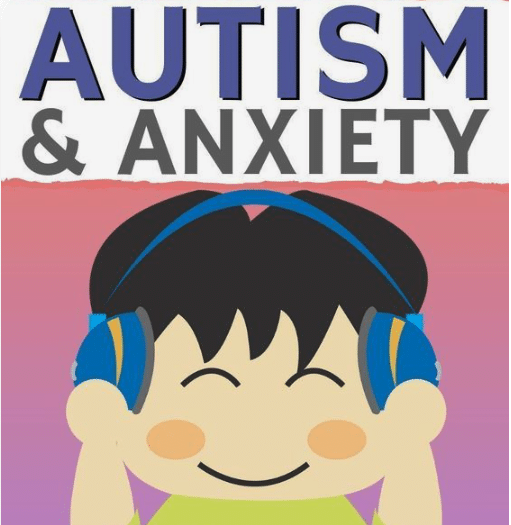Effective treatment for anger rumination in children with ASD can improve their emotional well-being and daily functioning. Some helpful strategies include:
- Cognitive Behavioral Therapy (CBT): A trained therapist can teach your child to identify and change negative thought patterns. For example, they might help your child recognize when they’re ruminating and teach them to refocus their attention on positive experiences.
- Social Skills Training: Building social skills can help your child navigate difficult situations and better understand others’ feelings. This might include role-playing or practicing conversations to improve communication.
- Mindfulness Techniques: Practicing mindfulness can help your child become more aware of their emotions and learn to accept them without judgment. Techniques like deep breathing or guided meditation can promote relaxation and reduce rumination.
- Parental Support: Encourage open communication and provide a safe space for your child to express their feelings. Offer reassurance and help them develop healthy coping mechanisms, like engaging in a favorite activity or talking to a trusted friend.
With consistent treatment and support, children with ASD can learn to manage their anger rumination effectively. Over time, they may experience fewer emotional outbursts, improved concentration, and stronger social connections. Long-term prognosis can be favorable as your child builds resilience and acquires tools to cope with life’s challenges. Remember, early intervention and continued support are crucial to your child’s success.
In conclusion, addressing anger rumination in children with ASD is crucial for their well-being. Our product, Goally, offers a fun and engaging way to build life and language skills, which can support kids in managing their emotions and developing effective coping strategies.
Editor’s note: This information is not meant to diagnose or treat and should not take the place of personal consultation, as needed, with a qualified healthcare provider and/or BCBA.











